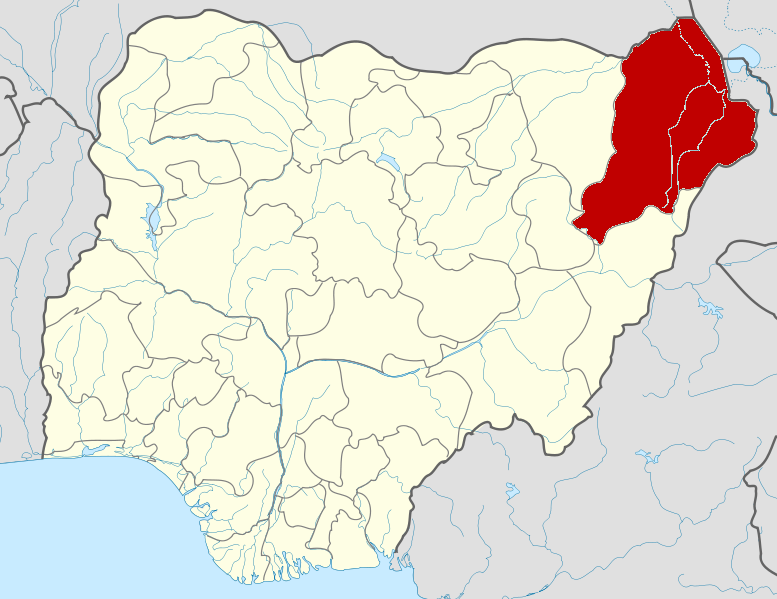It must have been some of the fastest remarks by a public officer to go viral. I guess Vice-President Kashim Shettima was still within the precinct of Shehu Musa Yar’Adua Centre, venue of Mohammed Bello Adoke’s book launch, when his remarks resonated and dominated the media space. Though he attended the event to give back to a long-standing friendship with Bello Adoke, a former Attorney General of the Federation and Minister of Justice, the author of the book, OPL 245: The Inside Story of the $1.3 Billion Oil Block, the speech he made lent itself to various interpretations.
The speech, which appeared unscripted, was delivered with great emotion. The VP expressed public gratitude to Bello Adokie for the support he provided him when he was a beleaguered governor of Borno State, facing the threat of being sacked by President Goodluck Jonathan. President Goodluck Jonathan had declared a state of emergency in 2013 in three northeastern states: Borno, Yobe, and Adamawa. During that period, the insurgents had become entrenched, and were having a field day, killing and maiming, terrorising schools, kidnapping students and despatching suicide bombers to towns and cities in the north, including Abuja, the federal capital.
In Borno State, the insurgents have taken control over a large portion of the state and forced the citizens out to Maiduguri and other parts of the country as internally displaced persons (IDPs). The situation had become desperate, necessitating the president’s deployment of the armed forces to quell the insurgency. Most likely, the armed forces had requested additional powers, which is why the president declared a state of emergency and sought to go further, suspending constitutional rule in its entirety in Borno State by removing the governor. President Jonathan had asked for the opinion of his Attorney General, Bello Adoke, who told him that the 1999 constitution did not give him such powers.
In any case, Adoke told Jonathan, if he was to do it, he required the support of the Speaker of the House of Representatives, Aminu Tambuwal, which would not be forthcoming at that material time. Not satisfied, the president still went further to put the matter before the executive council, whereby the Attorney General reiterated the advice he had given in private to the president. Additionally, a member of the council and a Senior Advocate of Nigeria (SAN) lent support to the views expressed by the Attorney General. Still not satisfied, Jonathan sought the support of the Speaker, who, as expected, told the President that he would not support such a move because it would be unconstitutional. The matter finally went to rest.
As innocuous as the retelling of this story would seem, Kashim Shettima’s remarks took a life of their own. They stirred the hornets’ nest. Coming a few months after his principal, President Ahmad Bola Tinubu, had declared a state of emergency in Rivers State and suspended the governor as well as all other democratic structures, Kashim Shettima’s speech lent itself to multiple interpretations as joining the bandwagon of those against the act. The first video that arrived in my WhatsApp portal was titled, “VP Shettima has sent GBU-57A/B Massive Ordinance Penetrator (MOP), a 30,000-pound ‘bunker buster’ to Tinubu/APC/Senate President.” Wow, I was clearly unnerved. It looked like a war of words was breaking out in the Presidential Villa between the Office of the President and that of the Vice President. If that is the case, it promised a major destabilisation of the administration of the country.
No Nigerian would wish a repeat of the divide that came between President Obasanjo and Vice President Atiku Abubakar at the beginning of this 4th Republic. I was a civil servant and a director in the Office of the Vice President (OVP) in those years and had a ringside view of those turbulent events. They would not be pleasant stories to retell. Suffice it to say that throughout the second term of the administration, the OVP was bereft of functions and finance. Its political staff were fired one after the other till by the end of 2006, there were hardly any left. To retain his office, even the VP had to go to court. Governance was stalled as the two major gladiators in the political arena, who should have been on the same side, fought out a war of attrition.
It was a torrent of remembering those happenings that tormented my day when the present controversy unfolded. Happily, the spokesman of the VP, Stanley Nkwoacha, put things in their proper perspective in the rebuttal he circulated. It was, as he said, only a storm in a teacup. The VP was only telling a story that fit the occasion, and there were no innuendoes intended. Multiple other sources have also told me that Kashim Shettima had made similar remarks that were reported in the media even before becoming the VP.
The rebuttal seems to have worked at dousing the anxieties of many of us. Nevertheless, as this arose from the extemporaneous nature of the speech he delivered, one would advise not only the VP but all public officers holding such high offices that they should refrain from making off-the-cuff speeches. The aides, competent hands, who abound in the State House, should be involved in drafting speeches. In that manner, controversies such as this one would hardly arise.










